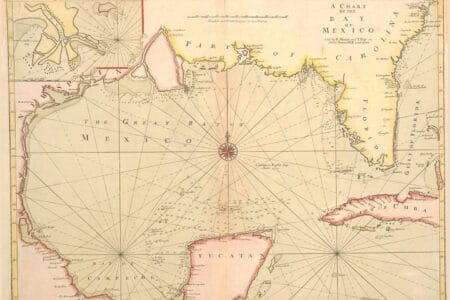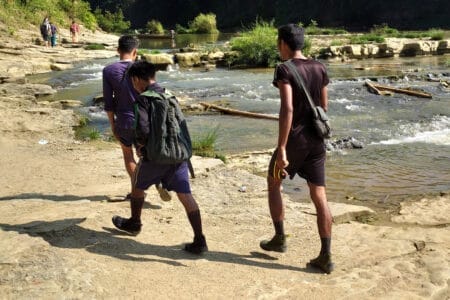
Do Trump’s Policies Amount to the “Ethnic Cleansing” of America?
We are now only four months into the new administration, but in this short time, it has become clear that Trump’s America is not just a cultural war, but a demographic one as well.

Fort Apache, Washington D.C.: Race at the Centre of the Effort to Reassert a White America
While the US government domestically circles the wagons, mobilises the cavalry, and urges settlers to take refuge within a metaphorical Fort Apache 2025, it does so internationally as well.

All Hail Ceasars: Republican democracies die easily
It is a sign of disease when our Congressmen and Senators attempt to honor a president as a Caesar and abandon their duty to defend the Constitution. We do not have many great things to say about the Caesars of (global) human history.

The “White Settler” State Mentality Destroying the World for Everyone
The idea that the white settler can do anything with what is found on "their" land has today resulted in planetary climatic consequences. There must be a fundamental re-evaluation of core American values to dismantle the systematic grip of white settlerism in the United States.

Gulf of Mexico to Gulf of America? Why History Should Count
The Trump Administration changing the Gulf’s indigenous name demonstrates the continuing control over political institutions by the descendants of European settler populations – illegal migrants, in today’s western parlance – who continue to seek to erase the actual crimes of their Euro-supremacist ancestors’ genocidal theft of that extra-European land – and sea.

As Burma Studies in Japan becomes politicised, can the Rohingya hope for better from the rapidly developing Chinese Academy?
Burma Studies in many countries has always been the gloved hand of state intelligence. And Burma Studies in Japan is no exception.

For Muslims in the Global South, American hostility began in 1979
if anyone wonders why America has backed off so far (and beyond) from responding to humanitarian catastrophes presented as security operations, against the Tamils in Sri Lanka, the Rohingya in Myanmar, and the Palestinians in Gaza, then they do not understand the structure of the contemporary world, as it has grown up since 1979.

The Arakan Army and a “Divided Myanmar”
The spectre of a divided Myanmar is often raised, both out of a genuine fear of the consequences for everyday people or the admitted complications it would raise for international security or out of a less scrupulous desire to maintain the status quo or to challenge it out of self-interest.

Perpetual Systematic Violence and Perennial Violence in the Muslim Crescent: Palestinians, Bangladeshis, and Rohingyas
"If you want to see where the main state and human security threats in the future will be, look at the Muslim crescent, not the South China Sea."

How Many Burmas Is Enough? Sidelining Western Imaginaries for Understanding Burma is an Important Step, But Competing Indigenous Imaginaries Also Present Problems
Can Area Studies move beyond the Burman, Burmese-speaking, Buddhist imaginary to understand the country through other indigenous perspectives?

